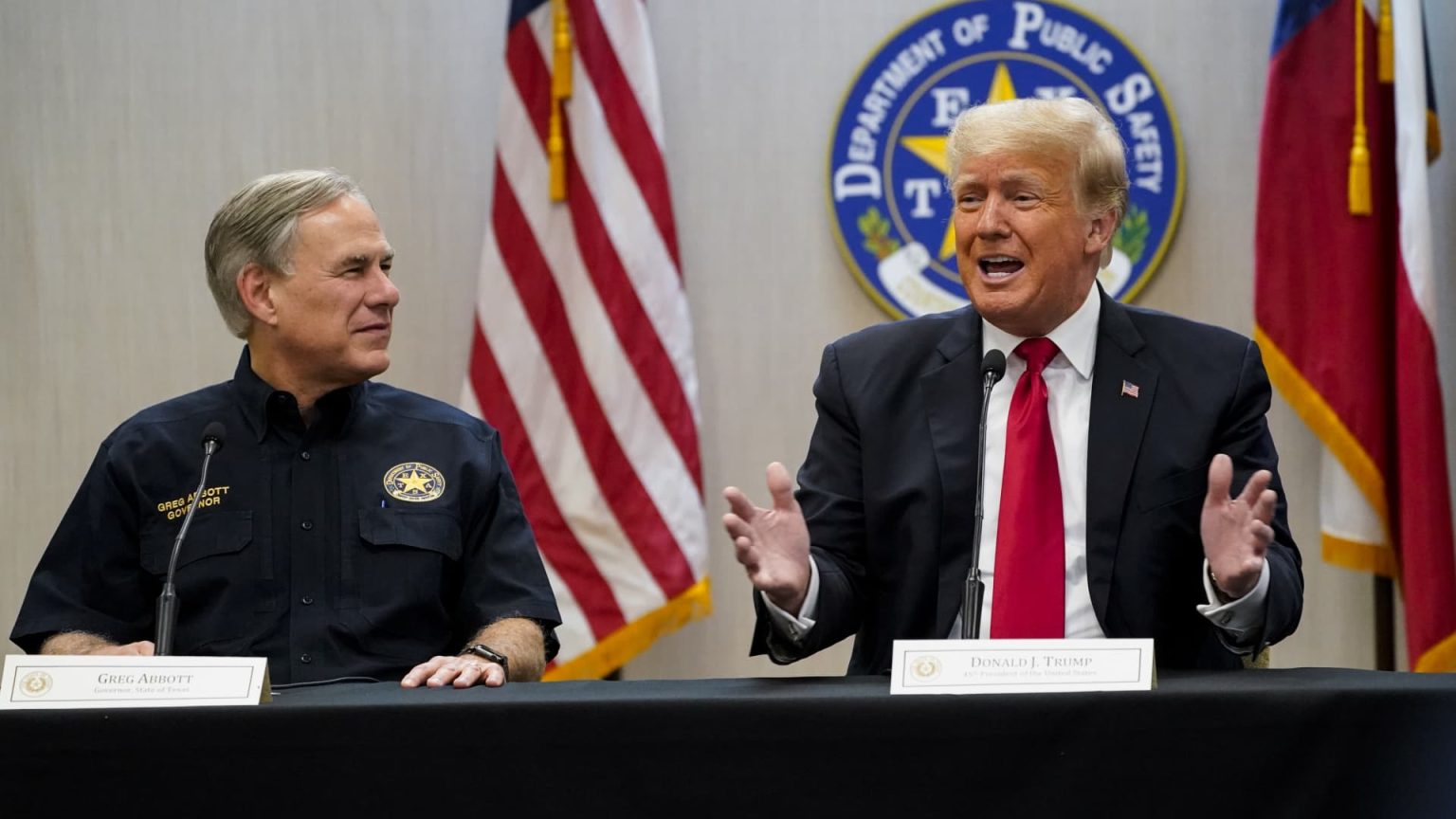Abraham George has been elected as the new chairman of the Republican Party of Texas (RPT) amid a shift away from traditional corporate sponsorship. The party is embracing an anti-corporate, anti-elite populist agenda that is increasingly popular among Republicans in the Trump era. This change was evident at the annual Texas Republican Convention, where past sponsors like Verizon, Comcast, Pepsi, and Chevron were noticeably absent. Instead, the sponsorship list was dominated by political action committees and campaigns, with only a few publicly traded companies, such as Altria and CenterPoint Energy, participating.
The decline in corporate support for the Texas Republican Party is not limited to its state convention. Corporate donations to the party’s general fundraising account have reached their lowest levels in a decade. Tech giant Google, rail giant BNSF, and other companies have stopped contributing to the party in recent years. Some companies have cited the party’s increasingly conservative policies as a reason for withholding donations. For example, measures such as a strict abortion law, a ban on gender-affirming medical care for minors, and the censure of Republican officeholders have caused friction with corporate sponsors.
Political operatives and fundraisers in Texas acknowledge that the state Republican Party’s anti-corporate rhetoric, infighting, and policy positions have deterred former corporate sponsors from supporting the party. The party’s attacks on Republican officeholders like Texas House Speaker Dade Phelan and U.S. Rep. Tony Gonzalez, as well as its conservative stance on issues like abortion and gender-affirming care, have led to a perception that supporting the party may be at odds with corporate values. The censures of Phelan and Gonzalez, for their actions regarding the impeachment of Attorney General Ken Paxton and their votes on certain legislation, have also had real political consequences for the individuals involved.
Despite the decrease in corporate donations, the Texas Republican Party under its new leadership remains committed to its anti-corporate, populist agenda. Party officials have emphasized the importance of aligning with the values of hard-working Americans rather than catering to woke corporations. They maintain that the party has been fully funded for the state convention without compromising its values. This shift has prompted discussions among party members and corporate sponsors about the future of their relationship and whether a return to working with corporations is necessary for the party’s success.
As the party continues to move further to the right and embrace a more populist platform, the dynamics between the Texas Republican Party and its corporate sponsors are evolving. Some companies that were once steadfast supporters are now holding back their financial contributions due to the party’s increasingly conservative positions and anti-corporate rhetoric. The outcome of this shifting relationship between the party and corporate sponsors could have lasting implications for both entities as they navigate the intersection of politics and business in the state of Texas.


